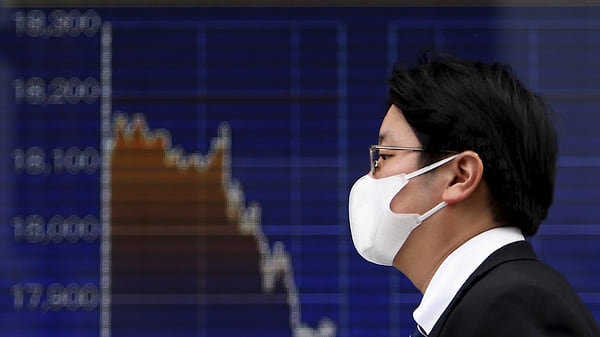Oil prices fell by 5% and pulled vegetable oil markets with them

The rapid spread of a new strain of coronavirus Omicron is forcing more and more countries to tighten quarantine restrictions, which leads to a decrease in demand for fuel and oil prices, and as a result, for vegetable oils.
February Brent crude futures on the ICE Futures Europe exchange on Monday fell 5% below the level of 7 70/barrel, but at the end of the session recovered to 7 71.5/barrel, losing 10.5% for the month. And WTI crude futures on the New York NYMEX fell 3.1% to 6 68.7/barrel yesterday, losing 10.6% in a month.
In addition to the Omicron situation, the pressure on prices was increased by the announcement of the US Department of energy about the sale of 18 million barrels of oil from the strategic oil reserve as part of the government's program to sell 50 million barrels of oil from reserves over the next few months. According to the White House, China, South Korea and India will also sell oil from strategic reserves in the near future.
The palm oil market, which is mainly used for biodiesel, is the first to react to changes in oil prices. Therefore, yesterday February palm oil futures on the Malaysian stock exchange fell by 2.6% to a 3-month low of 4,295 ringgit/ton or 1 1,018/ton. they are also under pressure from the projected decline in exports due to high prices in the first half of December. According to surveyors, during December 1-15,Malaysia reduced palm oil exports by 9% compared to the same period in November, which exceeded market expectations.
On the Dalian Stock Exchange, soybean oil futures fell by 1.12%, and palm oil futures – by 2.09%.
January soybean oil futures on the Chicago Stock Exchange yesterday fell 1.7% to 1 1,168/ton, losing 12.2% of the price for the month.
The Indian securities Council has decided to suspend trading in futures of major agricultural products for 1 year to contain speculative growth in food prices.
In order to reduce fuel prices, the Brazilian authorities reduced to 10% the share of mandatory biodiesel content in fuel for the whole of 2022, while in 2021 it was 13% and it was planned to increase it in subsequent years. This increases pressure on the prices of soybean oil, which is used for the production of biodiesel.
Following the neighboring vegetable oil markets, supply prices for black sea sunflower oil fell below the level of F 1300/ton FOB, but demand prices fell to 1 1260-1280/ton FOB.
Over the next few weeks, trading activity will be sluggish due to the long New Year holidays, so prices are likely to remain at fairly low levels.


